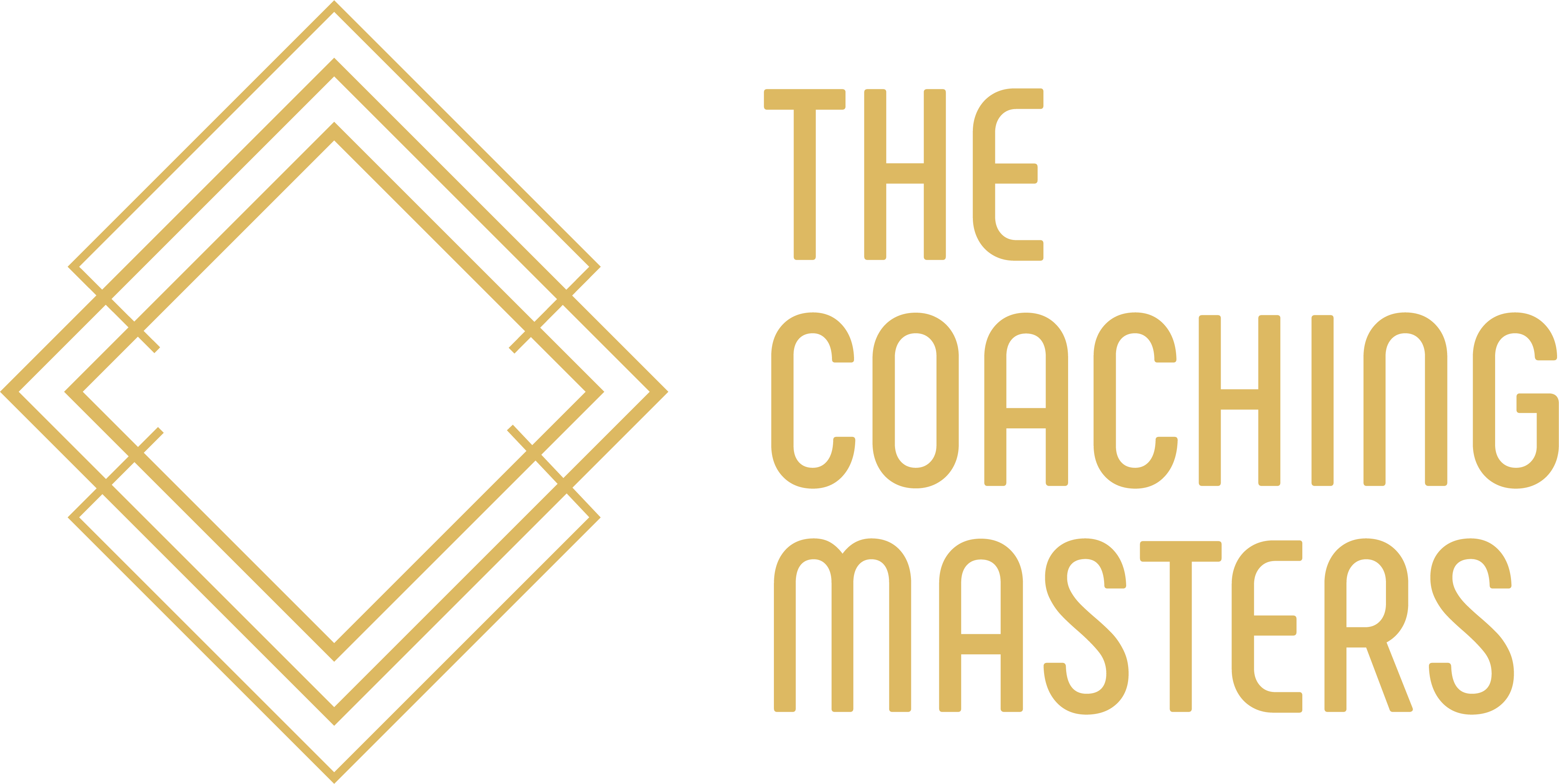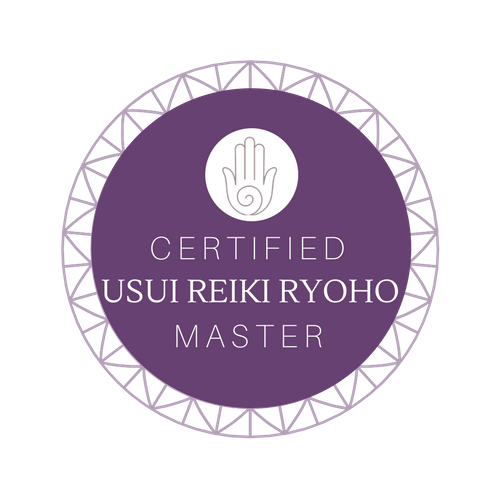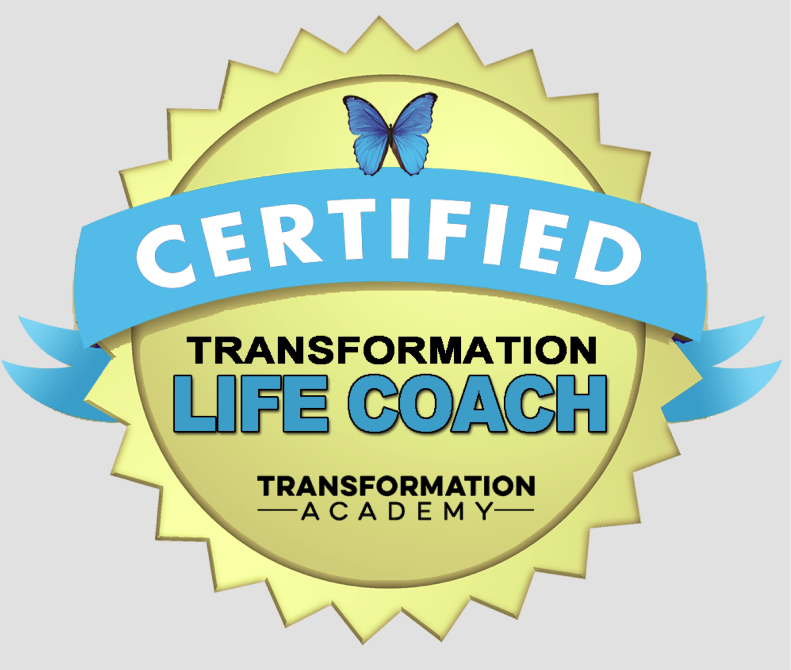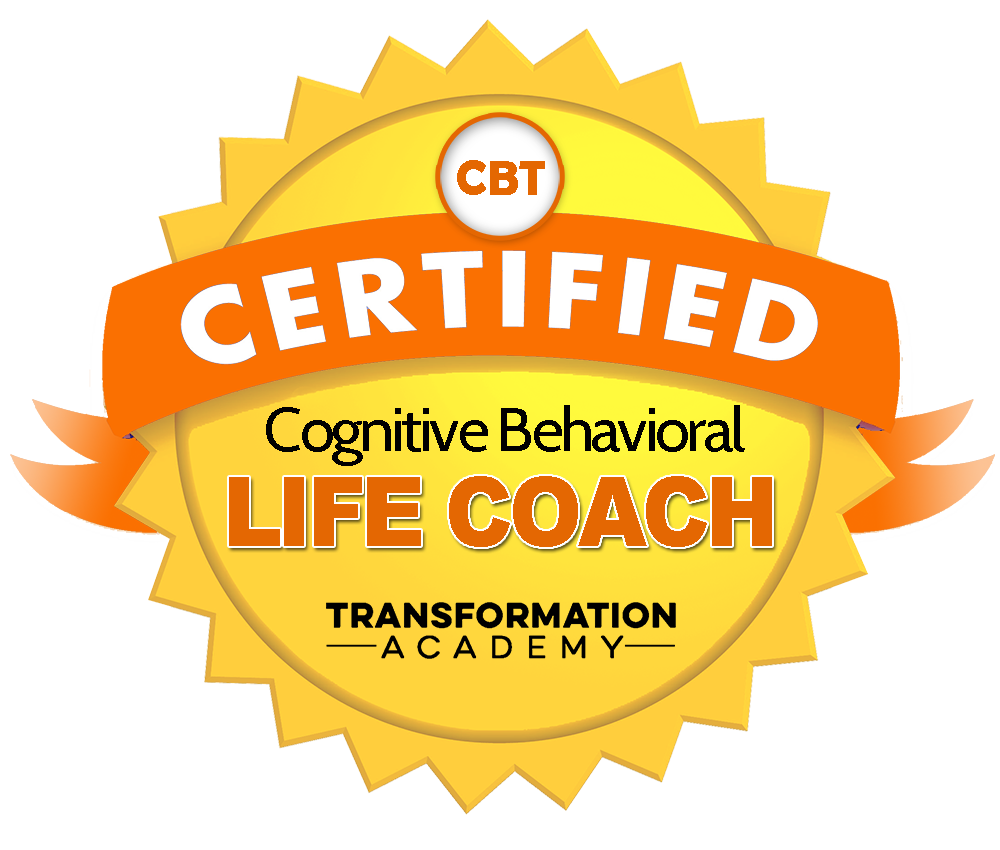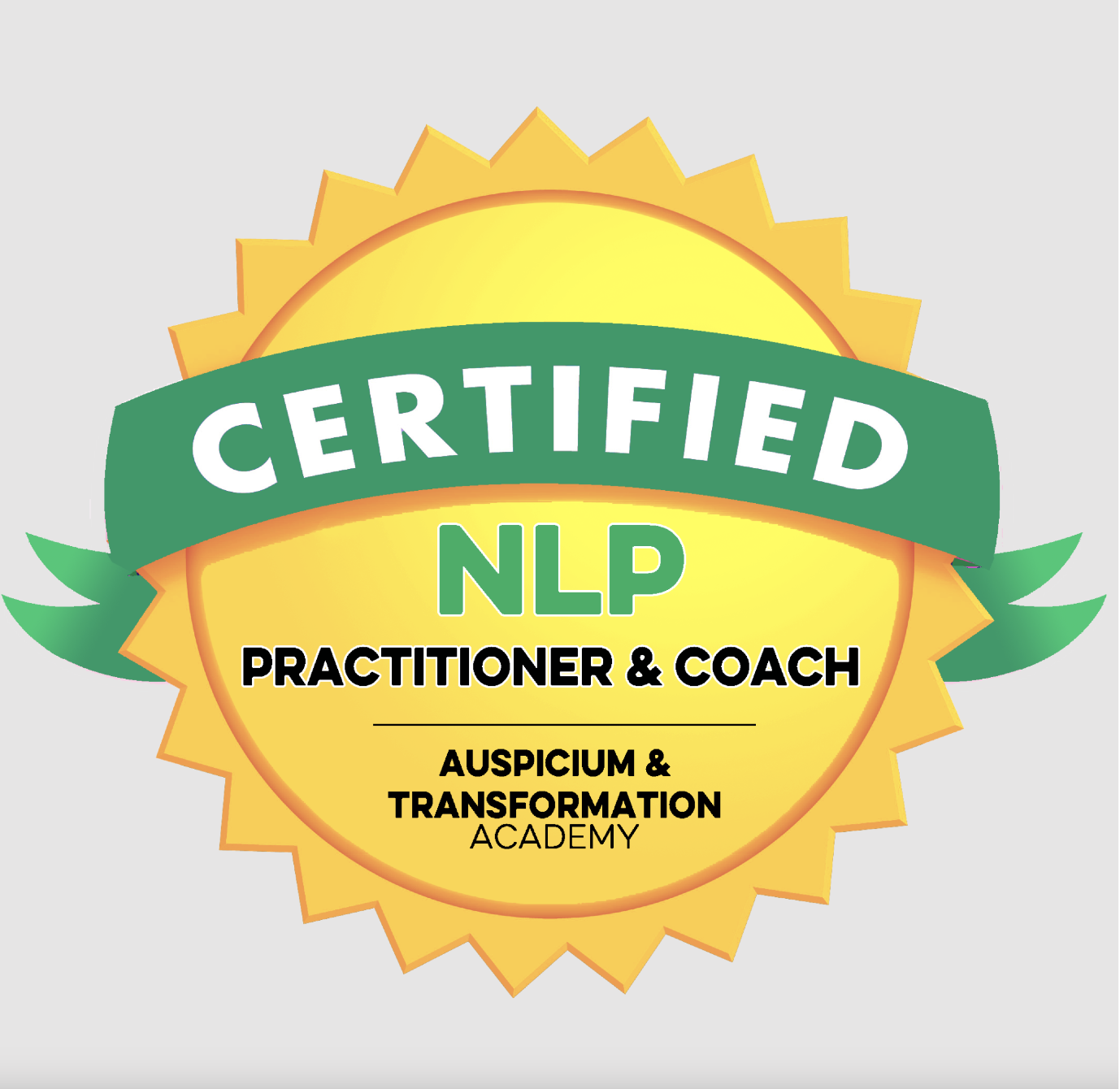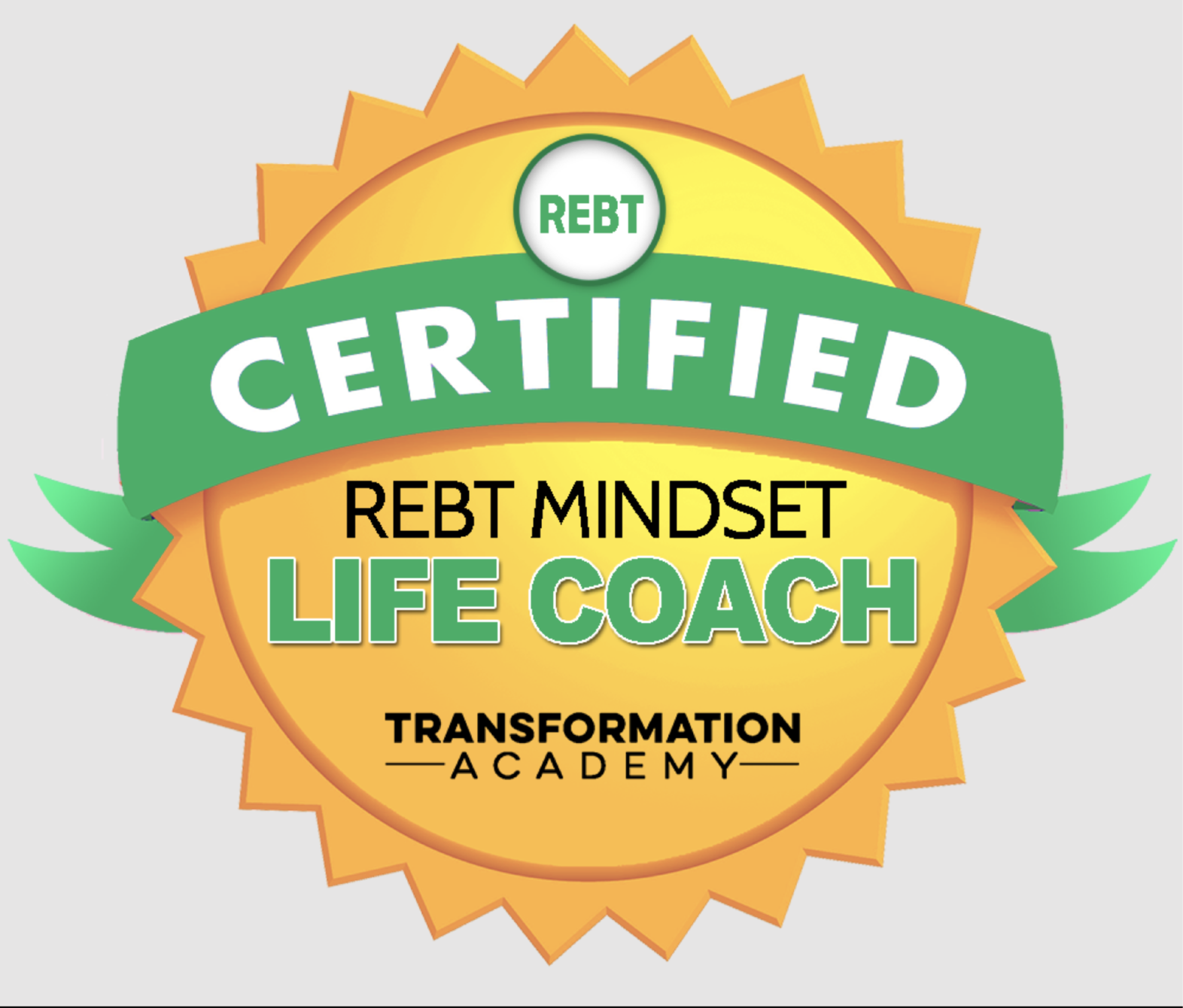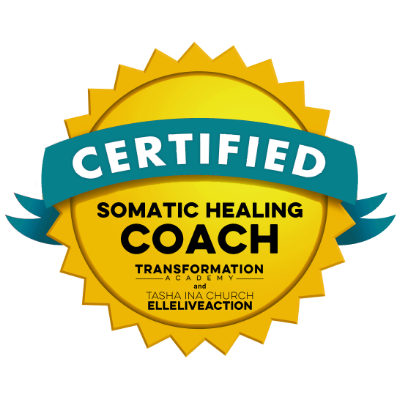Understanding Reiki Energy

Reiki is a healing practice that has been embraced for over a century. Often described as an essence, Reiki symbolises power, a transcendental spirit, and universality. Unlike other forms of alternative healing, Reiki practitioners utilise their hands to channel healing energy to those in need.
The Nature of Reiki Energy
Reiki energy is unique in that it is drawn through the practitioner rather than being sent out. This energy, also referred to as Ki, is believed to flow within every individual. Practitioners describe it as a cosmic radiant energy that they can channel not only to themselves but also to plants, animals, and other human beings, even from a distance.
The Attunement Process
For one to effectively harness Reiki energy, an attunement process is necessary. This process allows individuals to unlock their inherent healing abilities. With the completion of the first level of attunement, a practitioner can detect energy imbalances that may indicate underlying health issues. As practitioners advance through the levels, their healing power strengthens. Those who wish to teach Reiki must achieve the level of a master.
The Role of the Mind
A key principle in Reiki is that the energy cannot be controlled by the mind alone. Practitioners believe their power originates from Ki, an intrinsic energy that flows within all living beings. By allowing Ki to reach the affected part of the body, healing occurs as the area becomes re-energised. The effectiveness of Reiki is closely tied to the practitioner’s thoughts; positive thinking enhances the healing process, while negative thoughts can impede it.
Scientific and Medical Perspectives
Medical science continues to explore and understand Reiki energy. While more research is desired, some studies suggest that Reiki can calm patients before surgery and aid in faster recovery post-operation. The mind’s power over physical well-being is a concept that resonates with the principles of Reiki. By promoting balance and order within the body, Reiki works from the outside in.
Reiki and Spiritual Healing
It is crucial to differentiate Reiki from spiritual healing. Reiki is not reliant on faith or belief in a higher power for its effectiveness. Instead, it is a practice that transcends spiritual boundaries, focusing on the flow of energy to heal. Practitioners view the aura as an extension of the mind that extends beyond the physical body.
Complementing Medical Treatment
Reiki is not a substitute for medical treatment but rather a complementary practice. It can alleviate minor ailments like headaches, stress, and addiction. However, when dealing with more severe medical issues, it is vital to heed the advice of medical professionals. Modern medicine, with its advancements, has saved and improved countless lives, and Reiki can serve as an adjunct to enhance overall well-being.
Practical Applications of Reiki
Reiki can be particularly beneficial for stress relief, addiction recovery, and general wellness. The practice involves a holistic approach where the practitioner’s positive mindset plays a crucial role. By maintaining positive thoughts, practitioners enhance their ability to channel energy effectively, promoting healing and balance in themselves and others.
Final Thoughts
Reiki energy represents a fascinating intersection of ancient healing practices and contemporary understanding of mind-body connections. While science continues to investigate its mechanisms, the anecdotal and experiential evidence provided by practitioners and patients highlights its potential benefits. For those seeking alternative ways to enhance their health and well-being, Reiki offers a unique and holistic approach. By embracing positive thinking and understanding the flow of energy, individuals can unlock their potential for self-healing and help others achieve balance and harmony in their lives.
Click the link below to book your free clarity call or free virtual coffee chat.
Grab a copy of our newletter by completing the form below, this will then be sent to your inbox every month.
My Affirmation For The Week
"Creativity is contagious. Pass it on."
